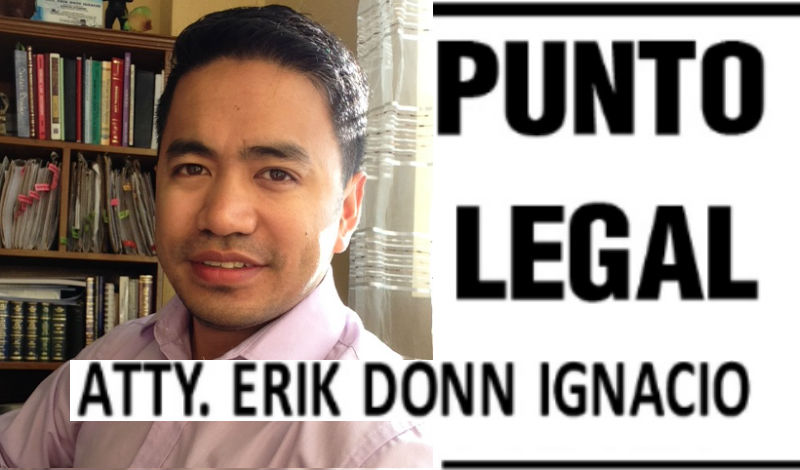One of the hottest issues at present is the proposed amendment of the 1987 constitution. It is not a simple amendment as it will drastically change the system of our government from the current set up to federal. Being the supreme law of the land this proposal should in fact become not merely a hot issue but should even be a burning one. After all it is the supreme law of the land where all subordinate laws, rules, and jurisprudence should be based. This is not at all a criticism to the proposal but merely an expression of curiosity of a wondering and wandering mind.
Honestly, I have not seen an official copy of the draft submitted to the president but thanks to social media, I had a glimpse on what it contains. The first thing I noticed is the additional requirement of a “college degree or its equivalent” for elected officials especially for the members of congress, the president and the vice president. If I want to oust a sitting official, I just need to visit the official’s grade one teacher and inquire whether he indeed finished first grade. But really, will a college degree be a good assurance that an elected official will perform his functions and that he will be less corrupt than someone without a degree? I think one of the reasons why the present Constitution merely requires that a candidate “must be able to read and write” is because “sovereignty resides in the people”. The power to elect a person into office is an expression of this supreme power of the people to govern.
The proposed constitution says that the president and the vice president shall be elected as a team. The vote for the president is the vote for the vice president. I wonder, if it will be proven that there was vote rigging or the president did not really win, then both of them will be removed? In terms of impeachment, will the impeachment of the president also constitute the removal of the vice president? What if the vice president dies or becomes incapacitated or was disqualified before proclamation, will the candidate who obtained the second highest vote replace him?
Another notable change being introduced by this draft is the four high federal courts: the Supreme Court, Constitutional Court, Electoral Court, and Administrative Court. I wonder, will we be having four rules of courts? More importantly, in case of a criminal case where one of the defenses of the defendant is the unconstitutionality of the law, will he then have to file the constitutional question separately to the Federal Constitutional Court and suspend the proceedings in the other, pending the resolution by the constitutional question? As for the practice of law, will the different states have their own bar just like the United States? Or will admission to the bar still be centralized just like the present set up?
I am sure that all these questions have answers but the most important thing is for us to remain vigilant about the proposed new constitution. We should ask even the seemingly trivial questions because this is the Supreme Law of our beloved Philippines. Being citizens of this country it is our duty to scrutinize this draft because if it is ratified, it will not just for our time but for the coming generations of Filipinos.














